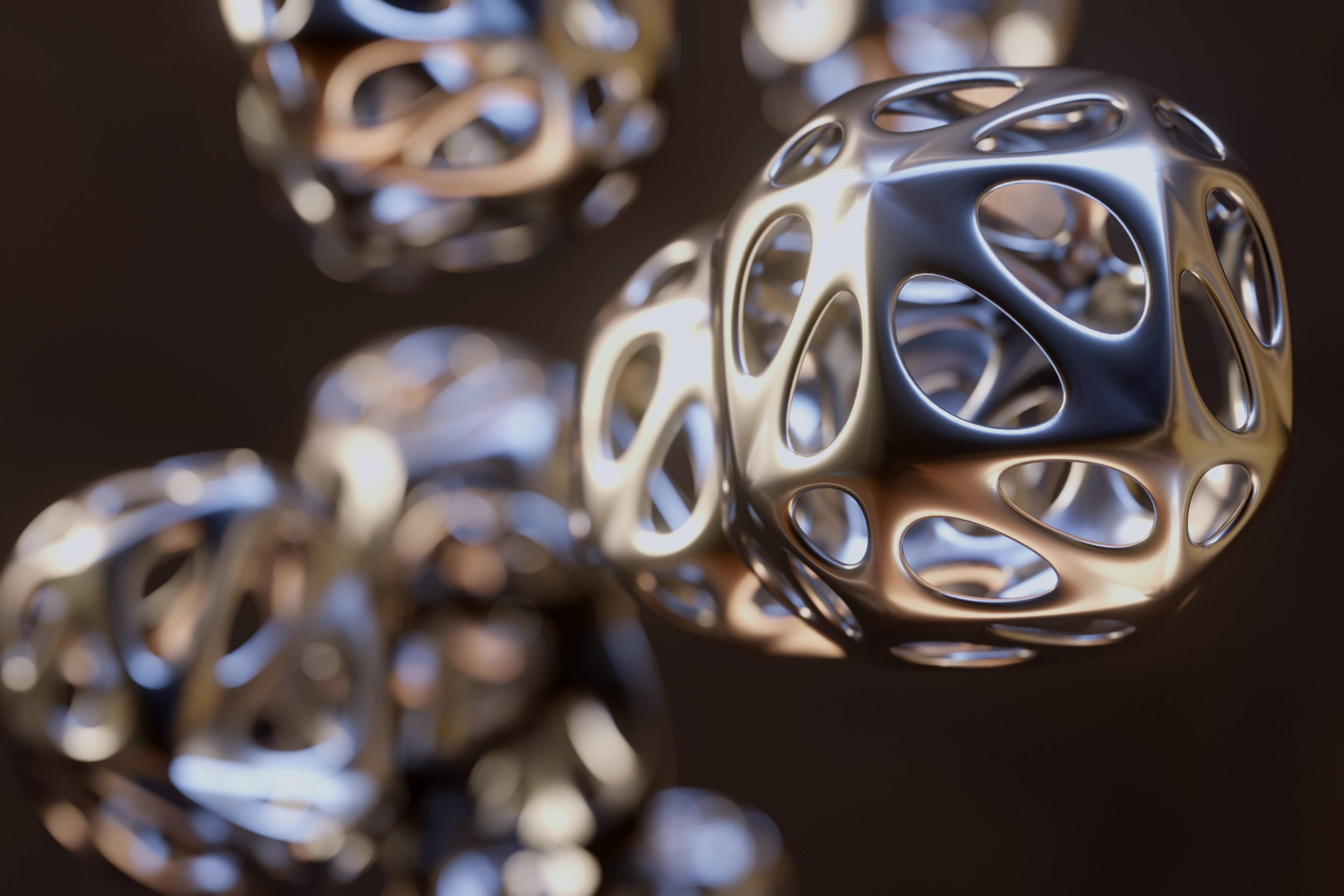

Cultural Perspectives on Body Piercings: Traditions, Taboos, and Customs
Body piercings hold diverse cultural perspectives, varying widely across different traditions, taboos, and customs. In many indigenous cultures, body piercings are deeply rooted in spiritual and ritualistic practices. For example, the Maasai people of East Africa use earlobe stretching and lip piercings as symbols of beauty and social status within their community.
On the other hand, certain societies may view body piercings as taboo or inappropriate. In Japan, visible body modifications such as piercings are often associated with delinquency and rebellion against traditional values, leading to stigmatization in some social circles.
Furthermore, customs related to body piercings can also vary within a single culture. For instance, in Hindu tradition, nose piercings hold significant cultural and religious value for women, symbolizing marriage and social standing. In contrast, in some Western cultures, nose piercings are primarily seen as a form of self-expression and fashion.
These diverse perspectives on body piercings reflect the intricate tapestry of human culture, highlighting the significance of understanding and respecting different traditions and customs.
Related Posts
© 2025 Invastor. All Rights Reserved

User Comments